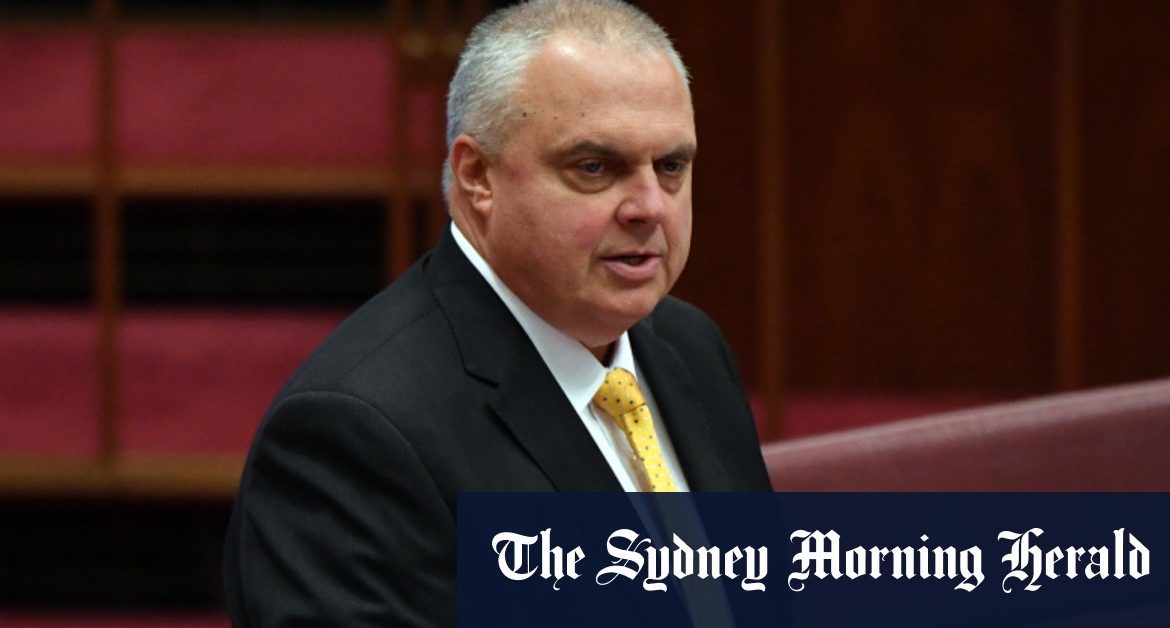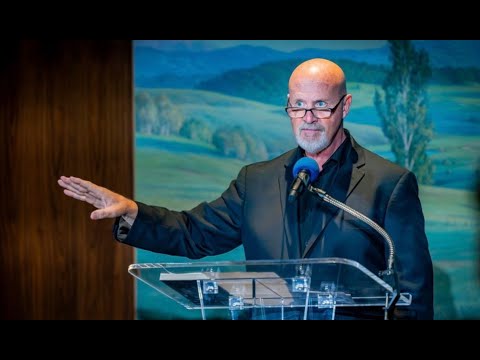It has been on trial since early 2016 in South Australia’s Ceduna region, in the East Kimberley and the Goldfields in Western Australia, and Bundaberg and Hervey Bay in Queensland. The trial was supposed to last only 12 months initially but after several extensions was due to finish on December 31.
Earlier on Wednesday, Senator Griff told this masthead the government had not delivered the “high degree of support services” initially promised to accompany the cashless card. He was supportive of the trials – noting a number of communities wanted the card – but not of making it permanent, and said the legislation in its original form was not acceptable. His lower house colleague Rebekha Sharkie voted against the legislation on Monday.
During debate, Greens senator Sarah Hanson Young labelled the pair “cowards” for not explaining why they had changed their mind, while Labor’s NT senator Malarndirri McCarthy said they were backing a “failed policy” and had sold out people in the NT without taking up her offer to visit communities there.
The government had also courted independent senator Rex Patrick over the legislation, but he told the Senate that after trying the cashless debit card for himself and speaking with many people in areas where it is used, he decided it was not proven to achieve the government’s purposes of making sure welfare recipients spent their money wisely.
Senator Rex Patrick has been using one of the cashless debit cards the government wants to permanently use for people on welfare in certain locations.Credit:Dominic Lorrimer
“The difficulty for me is that the government has not made out its case,” he told the Senate. “When I try and balance up everything that I’ve seen, unfortunately the data is not there that supports the concept that the card achieves what it is intended to achieve. It is on that basis that I will not be supporting this legislation.”
Loading
Social Services Minister Anne Ruston offered all senators the opportunity to try the card in a bid to convince them to support the legislation, but Senator Patrick was the only taker.
He also spent several days in Ceduna in his home state of South Australia, and the Northern Territory speaking with people who use the card, community leaders and other residents.
“There’s a tiredness amongst the communities about trials and it may be the time to either just get off it or recognise that it is there permanently,” Senator Patrick told this masthead. He has concerns the government hasn’t set up sufficient support services in communities or guaranteed to continue existing ones, such as sobering-up units, community support and rehabilitation programs.
Senator Patrick took aim at people who had contacted his office to campaign against the program in a rude way, saying there had been so many aggressive phone calls he’d had to get police help to ensure his staff’s safety. He said they had not affected his decision.
Independent senator Jacqui Lambie said although she’s backed the cashless debit cards in the past, she no longer believes the government is prepared to do everything it should to make it work. “I’m washing my hands of this policy,” she said.
Loading
Labor and the Greens argue the card is punitive and racist, because it has been imposed on primarily Indigenous communities.
Senator Ruston told the Senate 76 per cent of people in the program in Ceduna were Indigenous, 82 per cent of those in East Kimberley, 48 per cent in the Goldfields region and 18 per cent of those in Bundaberg and Hervey Bay.
Katina Curtis is a political reporter for The Sydney Morning Herald and The Age, based at Parliament House in Canberra.
Most Viewed in Politics
Loading







